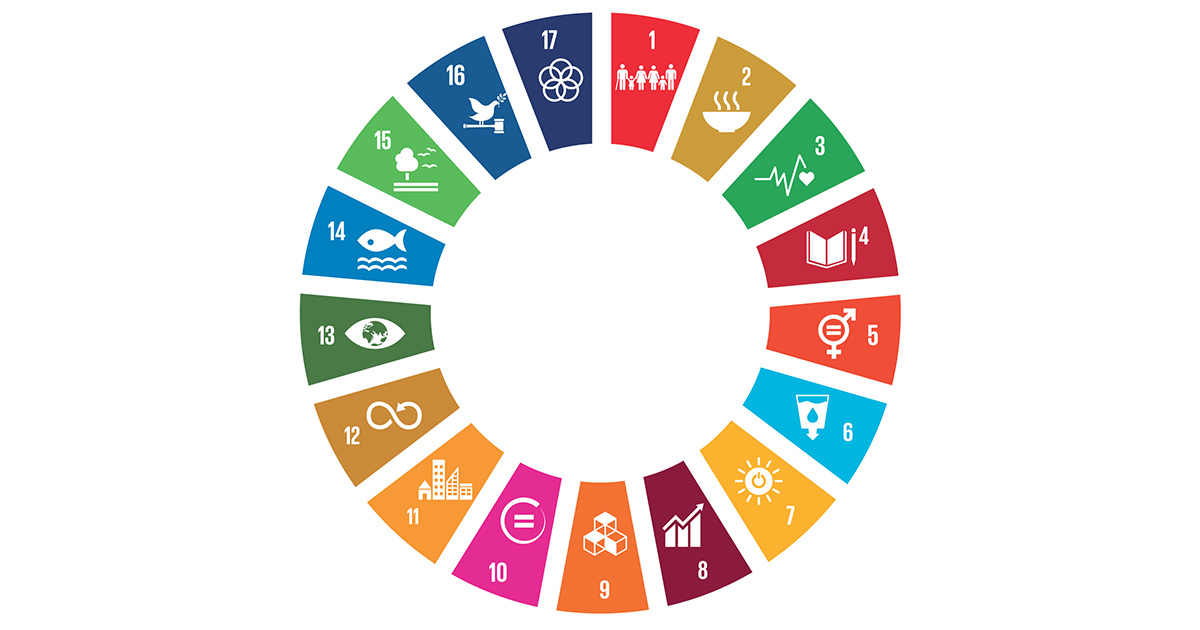SDG13: Climate Action
By now we all know something about climate change. While COVID19 prevention has been prominent on our collective minds, climate change follows and is in fact potentially the far greater threat in the long term.
I’m tempted to take back that “long term” reference because day after day climate experts and agencies remind us how little time remains to do anything substantive or significant enough to halt our current march toward disaster. So the UN’s SDG #13 is not entitled climate change but climate action, which is so much more to the point. A huge global problem, a shrinking window to address it effectively. On Earth Day I tweeted “the Pachamama (Mother Earth) will not be happy until we take better care of her.”
There is much to learn about the real dangers climate change poses, and how we can become stewards of Mother Earth in protecting and caring for this great gift of our Creator. Obviously we need to be informed on this pressing issue to some degree, and insist on political action to combat our dependence on fossil fuels and promote clean and affordable energy for all. As Pope Francis says in Laudato Si: “We have to realize that a true ecological approach always becomes a social approach; it must integrate questions of justice in debates on the environment, so as to hear both the cry of the earth and the cry of the poor. (#49) and
“We are faced not with two separate crises, one environmental and the other social, but rather with one complex crisis which is both social and environmental. Strategies for a solution demand an integrated approach to combating poverty, restoring dignity to the excluded, and at the same time protecting nature. (#139)
The Pope elegantly reminds us that no issue is isolated, that everything is connected, While we might debate whether is X an injustice or must Y be changed, we must recognize, as Vincentians who see things through the view of the poor and vulnerable, one stark undeniable injustice: poorer countries contribute less to climate change yet suffer most the consequences of it!
It’s not that nothing is being done. There is remarkable, creative and global advocacy for climate action on many fronts. Recently, for example, the US Administration hosted a Global Summit on “Adaptation & Resilience Challenges” for Climate Security, with the participation of world leaders from government, business, and banking. Commitments were made on carbon reduction, and monetary pledges followed. Huge sums in fact, $5 billion here and $10 billion there, in a way payback for how corporations have benefitted from the earth’s resources, but welcome funding that could underwrite great efforts nonetheless. But I remember thinking social problems cannot be solved by throwing money at them. While expert activists like Bill McKibben admit that real solutions ultimately depend on government action and policy, God help us if we wait for change from those beholden to the profit or influence motive. Bottom up is key, grassroots advocacy. Push the “leaders” in hopes they’ll follow!
Closer to home and on a more personal level, we need to think about our everyday tasks and how our actions, though miniscule in comparison to the immense global task imposed by climate change, contribute to a lifestyle that pollutes and simply ignores what we are leaving behind to future generations. Having a vegan meal now and then, or recycling plastic, will not solve climate change. But small personal efforts create a consciousness in us, can lead to the courage to advocate more vocally on the issue, and may even generate broader support by others to join in the struggle to halt the current downward spiral.
For example, when we leave a room, do we think to turn the light off? Could we walk or bike more often, or occasionally use public transit instead of driving? Do we vote for candidates who support clean energy? Do we encourage our work place to invest in clean energy? Do we dare take steps to change our diet—here’s one that stings!—due to how some food production contributes mightily to climate change. There are obviously a ton of other suggestions that flow from such a complex issue. I invite you to take a brief moment to google UN.org/ActNow.
As concern for climate change rise and technology advances, we should realize that this work is sacred work. We become stewards of God’s creation. We show our gratitude for this great gift give to us. And we help our earthly home heal itself once again in the process.
Jim Claffey
NGO representative of the CM to the UN
www.Congregationofthemission-un-ngo.com
Twitter: @cmunnyc
Facebook: congregation of the mission un








0 Comments